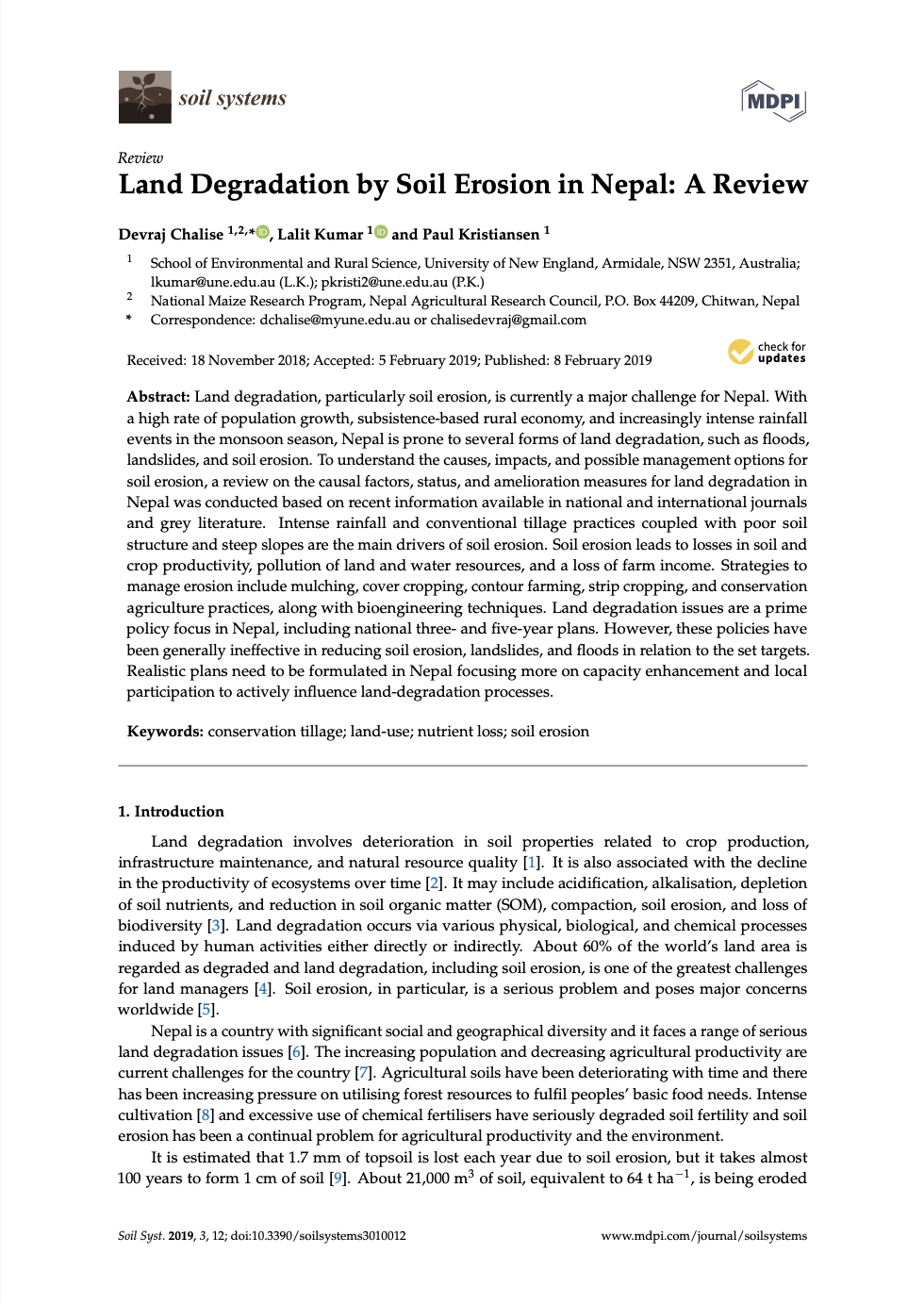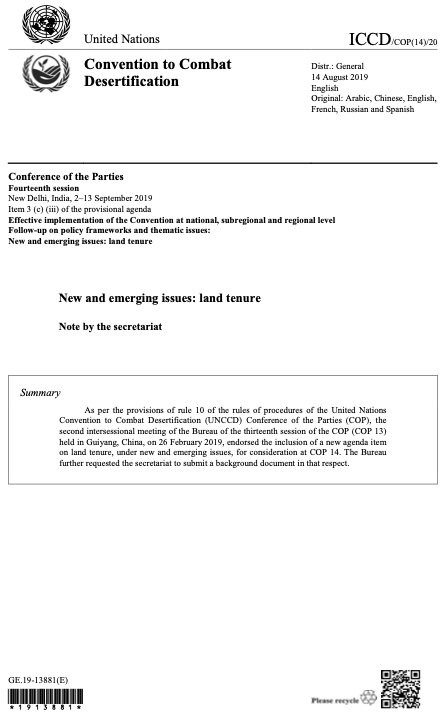Agricultural Productivity in Africa.Trends, Patterns, and Determinants
The publication presents updated and new analyses of land, labor, and total productivity trends in African agriculture. It brings together analyses of a unique mix of data sources and evaluations of public policies and development projects to recommend ways to increase agricultural productivity in Africa.



